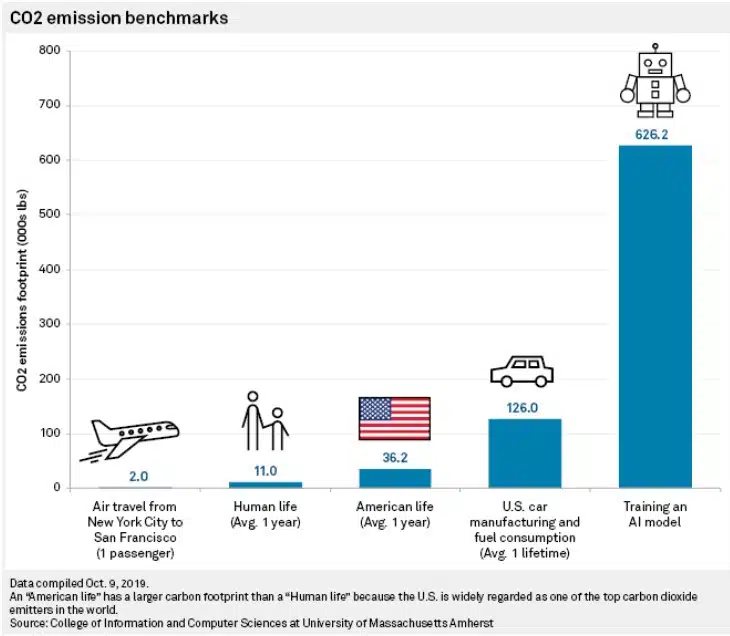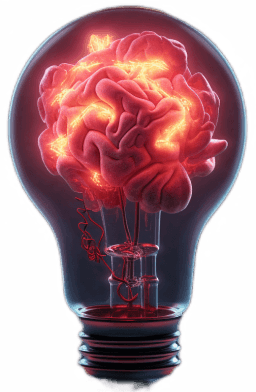
The common ground and conceptual problem parts of my paper's introduction that you just read were written by AI. AI has become an increasingly important part of our lives over the past 2 years following the release of ChatGPT. Despite this meteoric rise, most of us still don't realize how fast AGI (Artificial General Intelligence) is approaching. An AI that could potentially be the last great invention of mankind, an AI that could find cures to diseases and solve math problems we haven't even conceived of within a single prompt. However, as the AI said in the introduction, this light casts a long shadow. The tech companies creating these AI systems have achieved their success mainly by scaling up these models. This has led to a massive increase in the amount of compute required and therefore, the energy consumed by these models, which in turn has led to a massive increase in the amount of carbon emissions produced by these models. The infographic in the next slide shows the scale of this energy consumption.

This graph, as drastic as it seems, still understates the energy consumption of AI. This is because the growth of these models is exponential. As the size of the models grow exponentially, the compute grows exponentially which means the energy consumption also grows exponentially. This demand for compute and energy is made even more apparent when looking at the recent news headlines where Microsoft and OpenAI are collaborating to create a 100 BILLION DOLLAR data center called Stargate to train their AI models. Another concerning headline came up a month ago when OpenAI's CEO Sam Altman talked about his desires to raise 7 TRILLION DOLLARS for building the future infrastracture of AI.
As the impact and scale of AI continues to grow to never before seen heights, we are forced to face the reality that we are at the brink of a new revolution. The third great revolution of mankind. The agricultural revolution ended the era of the hunter gatherers, the industrial revolution allowed us to cheaply produce goods in large quantities allowing humans to take up more service jobs as the machines started to automate fabrication processes. Now, it's time for the AI revolution and our society will undergo an irreversible change once again.
Why will this be a revolution? Because AI fundamentally changes how we approach every single industry. It's not just self driving cars, chatbots, and cool robots. It's not even finding cures to diseases or solving unsolvable math problems. It is something much more fundamental that makes AI a revolution. At each revolution, humans found a way to delegate responsibilities that they held to some other mechanism. During the agricultural revolution, the responsibilities of food were delegated to farms, that way, humans didn't need to spend time hunting for food. During the industrial revolution, the responsibility of manufacturing goods and assembling products were delegated to machines. Throughout all of history, only one thing has been unique to humans, the ability to think and reason. This is the task that we will be able to delegate to AI and this subtle but profound detail is why the advent of AI marks a new age in the story of humanity.
How will this story play out? How will this new revolution change our relationship with nature, with the world around us, and with each other? That's something that we get to decide.
The path we're on right now is one of greed. If we want to move toward a better future where AI enables more freedom instead of enslaving people, where AI frees up time and resources for us instead of taking our jobs and monitoring our every move, the time to make the necessary changes is now. These changes to avoid a technocratic dystopia will be in various aspects of life. Data efficiency in AI will be of crucial importance going forward as being able to create better intelligence using less data will allow our models to become smarter for cheaper. Using renewable energy resources for powering the compute of these models will allow us to avoid worsening our carbon emissions problems. We will have distributed blockchain based data center control for everyone around the world which will allow people to own their own compute allowing everyone to have control over some part of AGI. We will also implement algorithmic transparency in AI where the underlying algorithms and general requirements of architectures used in the making of AGI will be available to all researchers around the world to build their own limited versions. This way everyone will have control, everyone will have a voice. If we manage to make these societal changes in this upcoming age of AGI we will avoid the dystopia of AI dictated technocracy and find ourselves in a utopia of health, prosperity, and freedom.
